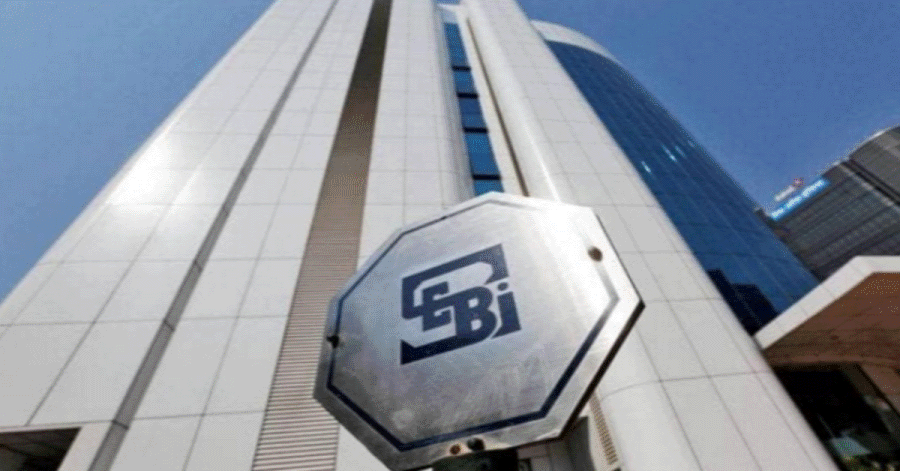The Securities and Exchange Board of India (SEBI) has proposed a new rule that would require listed companies to issue securities only in demat form following events such as stock splits, consolidation of face value of shares, and mergers or demergers. This move is aimed at encouraging investors to hold securities in demat accounts, which have several benefits over physical securities.
Currently, it is legal for investors to hold securities in physical form, but they can only sell or transfer these securities once they have been dematerialized. SEBI believes that by promoting demat holding, it can help reduce fraud and forgery, eliminate the risks of losing or damaging physical securities, speed up the transfer process, and improve transparency and regulatory oversight. It will also reduce legal disputes and costs for both investors and companies.
To support this shift, SEBI has proposed that companies will be required to open a separate demat account for investors who do not already have one. This account will handle securities that need to be dematerialized, and a ledger or suspense escrow account will be created to keep track of ownership. This proposal would ensure that no new physical securities are issued after these corporate events, pushing more investors toward demat holdings.
The move also aims to make the process more efficient and reduce the chances of discrepancies in securities holdings. To further streamline the process, SEBI is planning to amend the SEBI (LODR) Regulations, 2015. This would make it mandatory for companies to issue securities in demat form in the case of sub-division, split, or consolidation of the face value of securities. The new regulation would also eliminate certain provisions from the LODR norms, including requirements related to “proof of delivery” for signature differences.
SEBI is calling for public comments on these proposals until February 4, 2025. The regulator hopes to increase the adoption of demat accounts and reduce the risks and challenges associated with physical securities.
By making these changes, SEBI aims to modernize the securities market, benefiting investors and companies alike by reducing paperwork, improving security, and making transactions faster and more efficient.

